Here's a list of the best eight books that each and every MBA student must read! Take a look at the list of books and why you should read them! If you've already read one or all of them, do mention in comments what you loved the most about the book(s)! If you haven't read already, these books should now be a part of your bucket list!
1. Misbehaving: The Making of Behavioral Economics by Richard H. Thaler
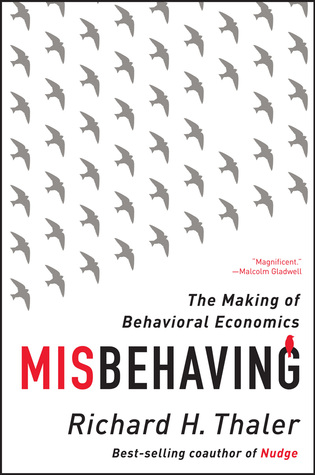
Misbehaving tells the story of the emergence of behavioural economics. It talks about how gradually, psychology supplanted the myth of the (inexistent and hyper-rational) “homo economicus” to throw light on how people make financial and (ir)rational decisions.
2. Blue Ocean Strategy by W. Chan Kim
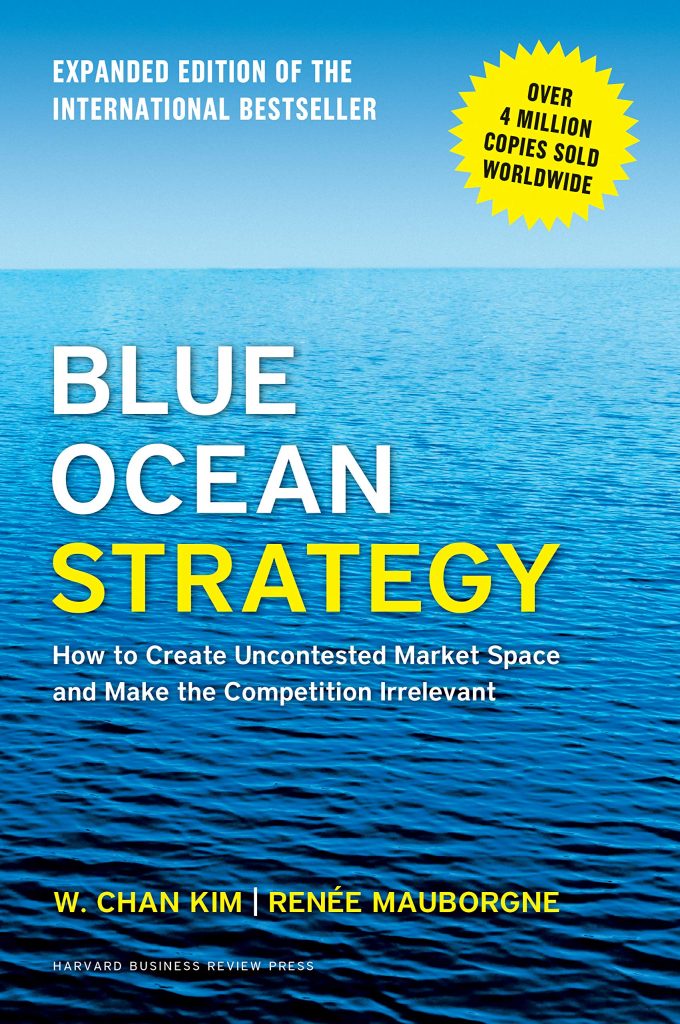
Blue Ocean Strategy describes two types of playing fields: Blue Ocean vs Red Ocean
A blue ocean, as described in Blue Ocean Strategy: How to Create Uncontested Market Space and Make Competition Irrelevant, is a market space that is undeveloped, and untapped by competitors. Blue Ocean Strategy proposes that businesses can have more success by creating a blue ocean, rather than trying to compete in the red ocean – the traditional market space that is filled with feuding competitors.
Using in-depth research, and great case studies, such as Cirque du Soleil, and [yellow tail] wine, Blue Ocean Strategy proves that great businesses can be built by reimagining an entire industry.
3. Rich Dad Poor Dad by Robert T. Kiyosaki
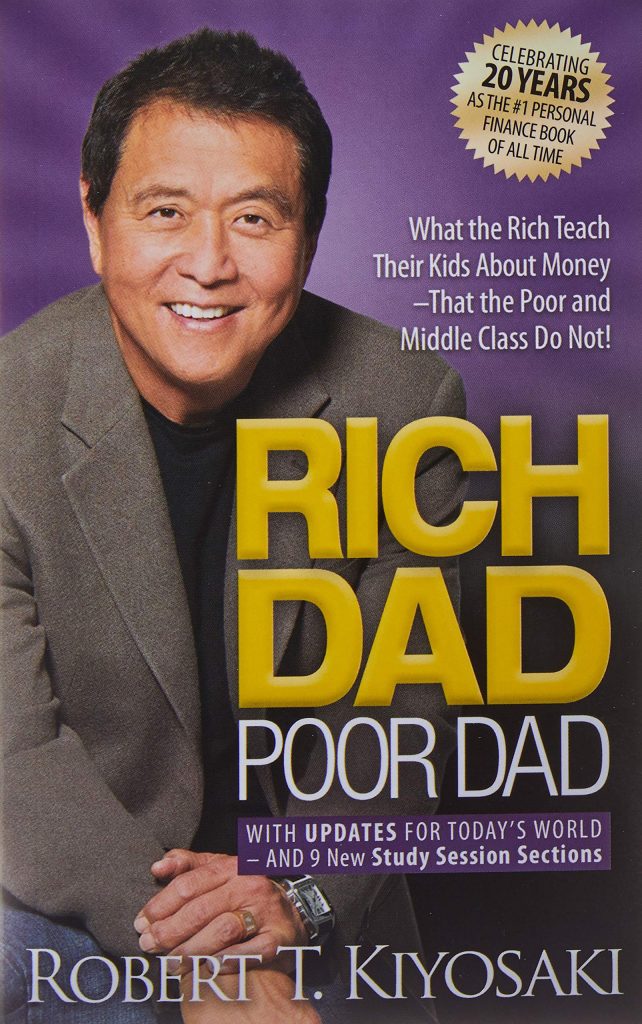
Rich Dad Poor Dad is about Robert Kiyosaki and his two dads—his real father (poor dad) and the father of his best friend (rich dad)—and the ways in which both men shaped his thoughts about money and investing.
It talks about assets and liabilities. The rich acquire assets. The poor and middle class acquire liabilities that they think are assets. Further, it explains financial aptitude which is what you do with the money once you make it, how you keep people from taking it from you, how to keep it longer, and how you make money work hard for you.
4. You Can Sell by Shiv Khera
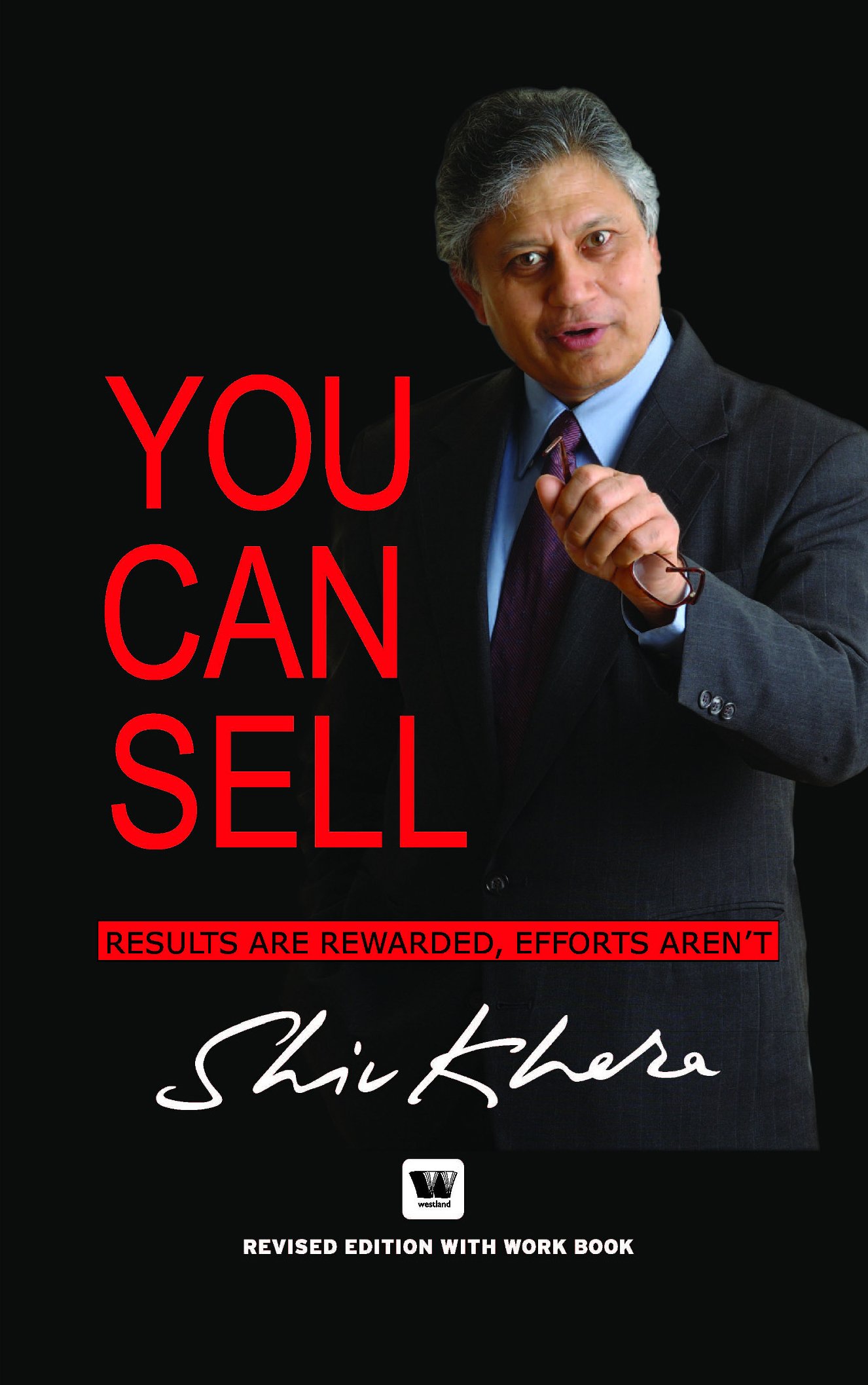
The novel explains several aspects of selling. It is mainly based on the experiences of the author in his career as an Insurance agent. Hence it shares his practical insights to explain some key rules on how to be a successful salesman.
If you want to gain success and avoid pitfalls, meet and exceed your goals, establish credibility and grow and learn the qualities of a winning professional - This book is for you!
5. Influence: The Psychology of Persuasion by Robert B. Cialdini
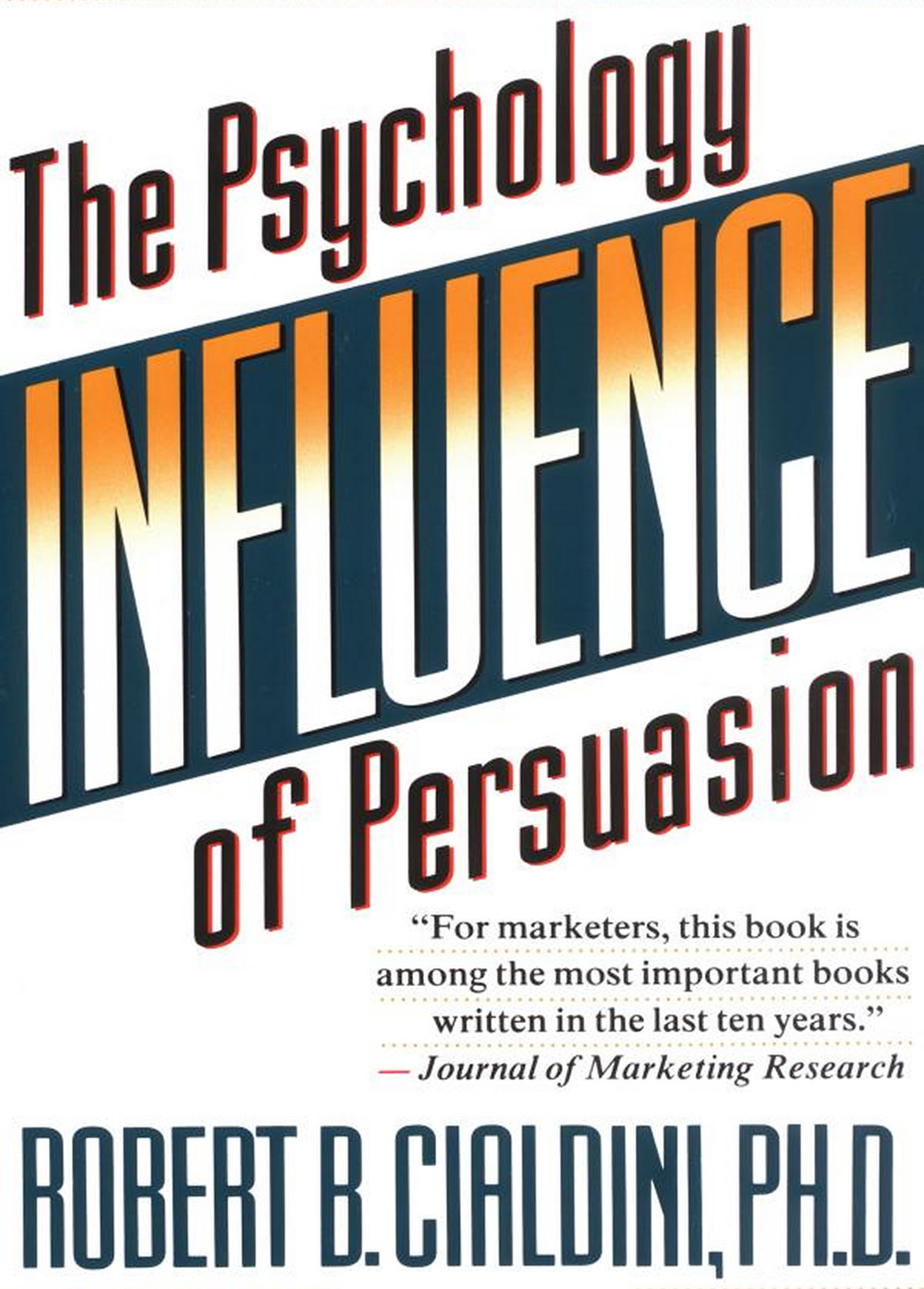
The book talks about various psychological tactics used by compliance practitioners like salespeople, waiters, car dealers, and fundraisers to influence us into saying yes to something to which ideally we would have said no.
You will learn six universal principles, how to use them to become a skilled persuader and how to defend yourself against them. The six principles covered in the book are:
- Reciprocation: Eg. If someone buys you lunch, you feel obligated to buy them lunch next time
- Commitment & Consistency: Eg. Religious affiliations, marriages
- Social Proof: Eg. You are at a bar and your 4 friends order martini, so you do the same
- Authority: Eg. Celebrity endorsements in advertisements
- Liking: Eg. Physical attractiveness, power of compliments
- Scarcity: Eg. Limited time offers
6. Barking Up The Wrong Tree By Eric Barker
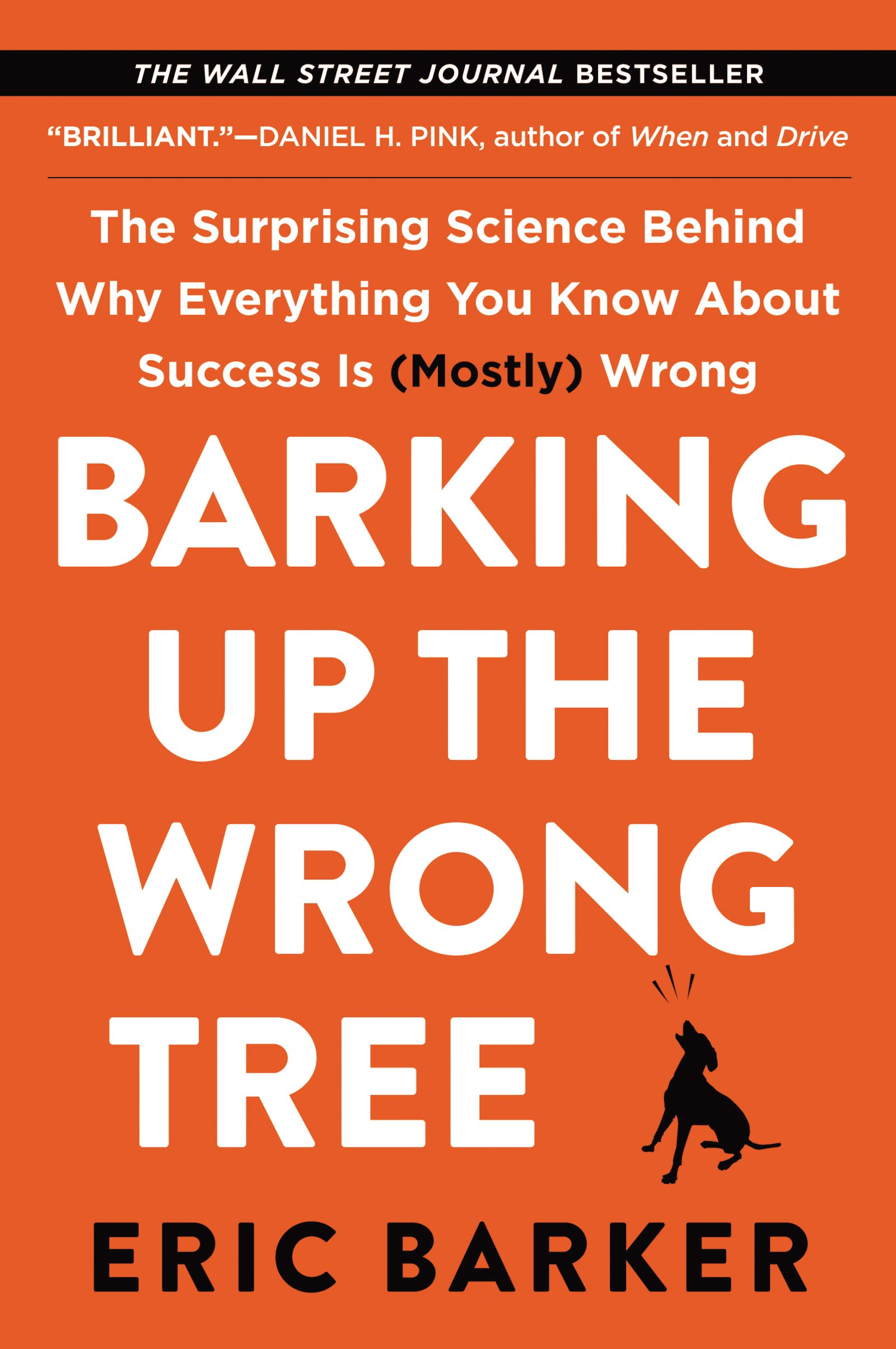
It’s a collection of the author’s most surprising and unique lessons that throws light on what we claim to be a success and where we might be wrong about it. For instance, some thought-provoking ideas shared in the novel are:
- How good your grades are only predicting one of your abilities, and it may not matter in the real world.
- Extroverts make more money, but introverts are better experts.
- The number of hours you work matters, it’s an undeniable fact.
7. Hooked by Nir Eyal
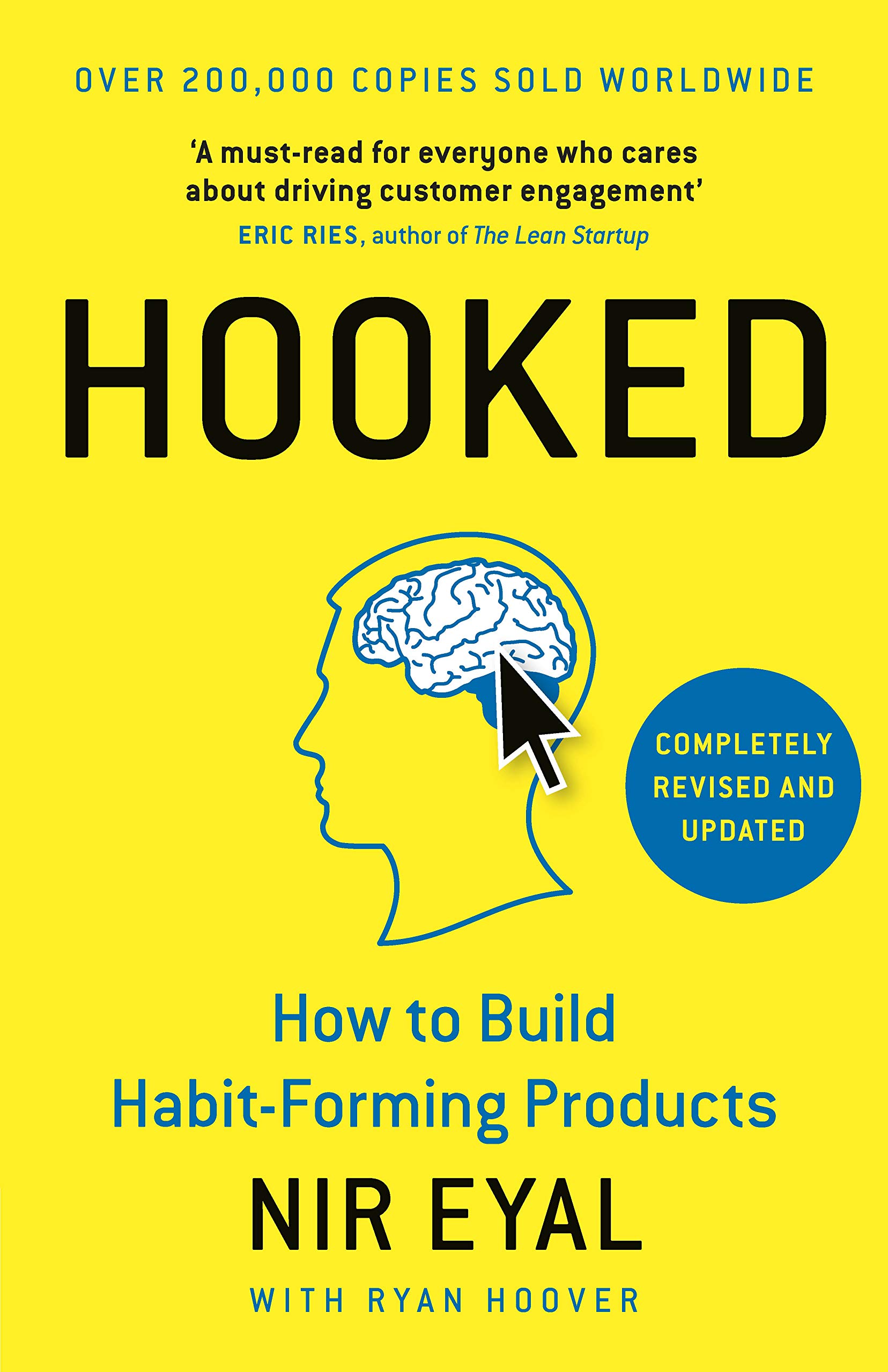
Hooked shows you how some of the world’s most successful products, like smartphones, make us form habits around them and why that’s crucial to their success, before teaching you the 4-step framework that lies behind them. The Hook cycle consists of 4 stages: trigger, action, variable reward, and investment.
8. Buy.ology by Martin Lindstrom
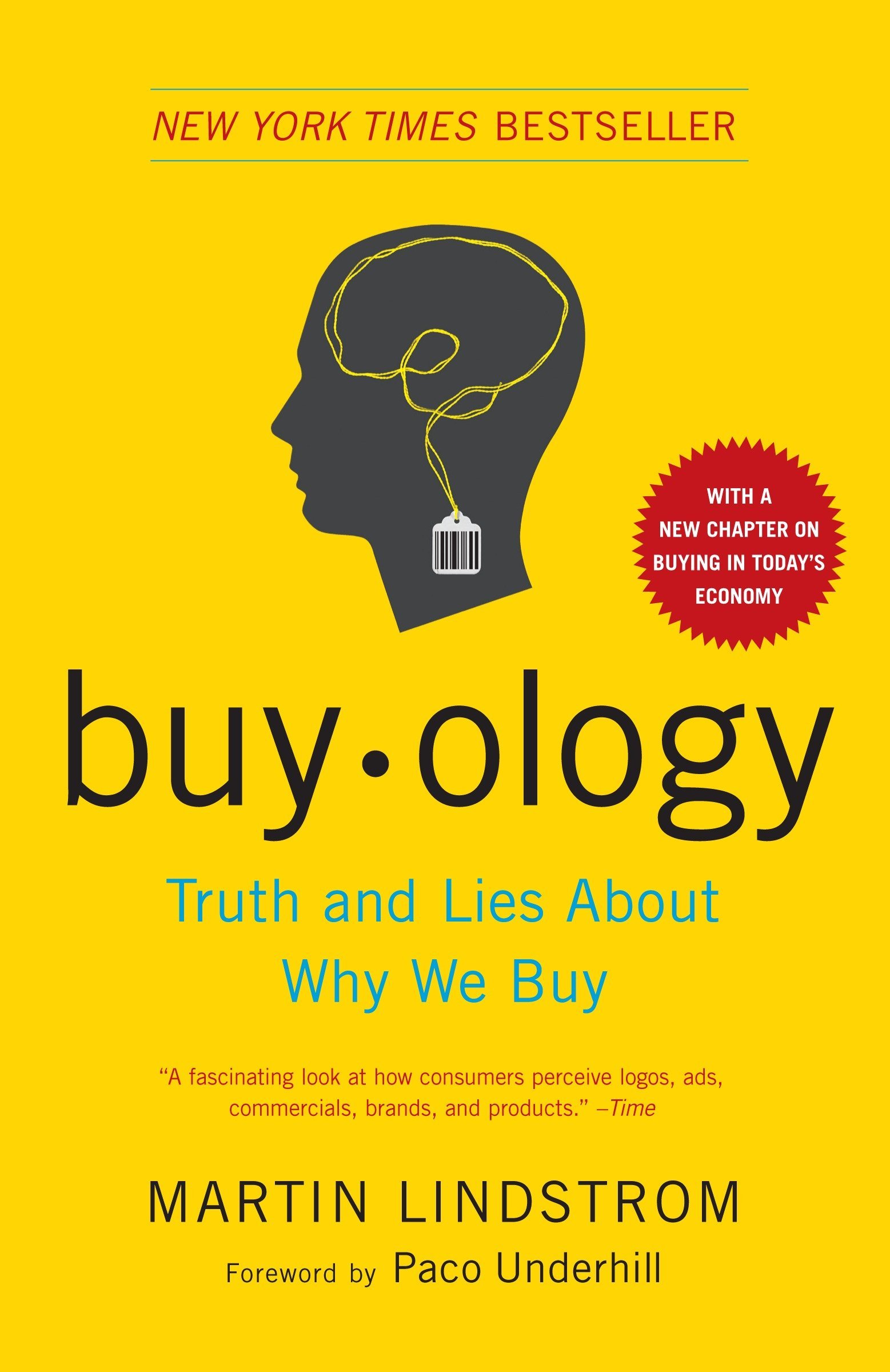
What was your last big purchase? Do you remember why you bought it? Why you chose that particular brand over the others? How rational was your decision-making process? If we’re honest with ourselves, we admit that our purchasing decisions often aren’t based on a rational comparison of a product’s pros and cons, but rather a gut-level decision we can’t quite explain. So what exactly motivates us to buy? The novel answers it for us!
Buyology examines what’s actually going on in our brains that causes us to open or close our wallets. It’ll show us that current methods employed in market research, such as questionnaires, don’t necessarily work because what we say we want and what our brains say we want are often at odds.
